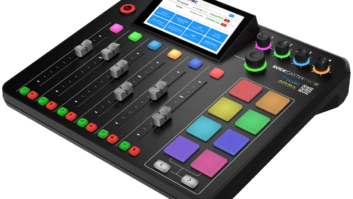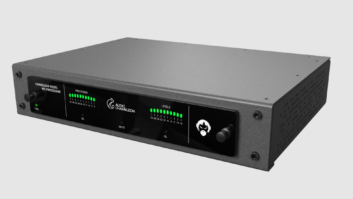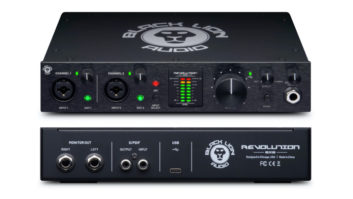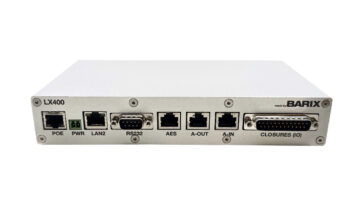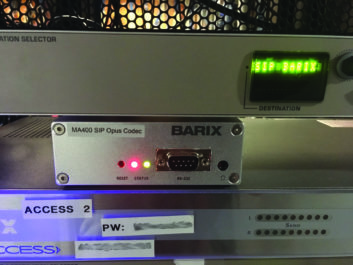 MILWAUKEE — For over 20 years, iHeartMedia has relied on ISDN circuits for moving audio between our studios, transmitters and other remote field locations. In recent years, however, telephone companies across the country have warned us they will discontinue their ISDN services.
MILWAUKEE — For over 20 years, iHeartMedia has relied on ISDN circuits for moving audio between our studios, transmitters and other remote field locations. In recent years, however, telephone companies across the country have warned us they will discontinue their ISDN services.
As such, it looks likely that ISDN will go away for everybody in the near future, so we have embarked on a company-wide project to transition our legacy audio connections to IP.
TRANSPORT
While IP audio transport is well-established, a key hurdle we needed to overcome was ensuring that all of the codecs we have in the field would be able to talk to each other seamlessly. We wanted to avoid being locked into any particular codec manufacturer, so multivendor interoperability was critical.
We decided to use the open, royalty-free Opus audio codec combined with the SIP protocol as a common “handshake.” Many manufacturers have been moving towards Opus as the preferred codec for interoperability, and we liked that it can combine low latency and excellent audio quality, with built-in error and jitter correction, all at reasonable bitrates.
SIP similarly facilitates interoperability while enabling us to get away from needing public, static IP addresses at each end. Endpoints don’t need to know each other’s IP addresses; they just “dial” a registered SIP address to start the connection process. By eliminating the public IP address, we can keep everything behind the firewall, significantly increasing security.
We developed the back end of our new architecture first, spinning up a software-defined codec with 24 SIP Opus modules that we have been rolling out in our studio locations.
We then turned our attention to choosing a field codec that we could standardize on for communicating with the Wheatstone Switchblade — and other manufacturers’ codecs — to bidirectionally transport high-quality audio.
We brought our requirements to Barix, whose Instreamer and Exstreamer products we have used for over 15 years. We like Barix because their boxes have been fairly bulletproof; they’re simple devices that generally perform one defined task, but do it very well. We had confidence that Barix devices would reliably do what they are supposed to do, and do it cost-efficiently.
HARDWARE
Barix recently launched its next-generation hardware platform, and quickly tailored devices to meet our specifications. We approached Barix in December 2018, and they delivered beta code running on the new hardware in just six weeks. The studio side took us roughly 24 months to develop, but with Barix we went from concept to having hardware live in the field in just over three months — an incredible turnaround time.
We currently use two Barix SIP Opus codec models — the MA400 mono encoder/decoder, and the M400-based stereo decoder — for a variety of applications. We have installed them at TV station partners for contributing live news and traffic reports; at transmitter sites for backup STL; in on-air talent’s houses for doing shows remotely and more. Since we started rolling the Barix units out in March, we are constantly finding new ways we can use them, and their affordability has made them our first “go-to” box.
[Barix Appoints Reto Brader as CEO]
When completed, this project will span multiple sites interconnecting our 850+ radio stations. We started in locations with the most ISDN circuits, and so far have deployed in 50 markets.
We already had many Barix Exstreamer units in the field for disaster recovery, backup STL and other IP audio applications, and the new Barix SIP Opus codecs can also be configured to be backwards-compatible with these setups. This makes it easy for us to phase in our next-generation platform. We can change the Exstreamers out immediately, and switch the new models into SIP Opus mode when the headend in that market is ready.
While our move from ISDN to IP was forward-looking and technology-motivated, we are also already realizing immediate cost savings. The Barix units pay for themselves in less than two months with what we save on ISDN circuits.
We see Opus and SIP as the future of interoperability in our industry. Barix’s flexible new hardware and phenomenal responsiveness are enabling us to reach that future faster.
For information, contact Barix Technology at 1-866-815-0866 or visit www.barix.com.





